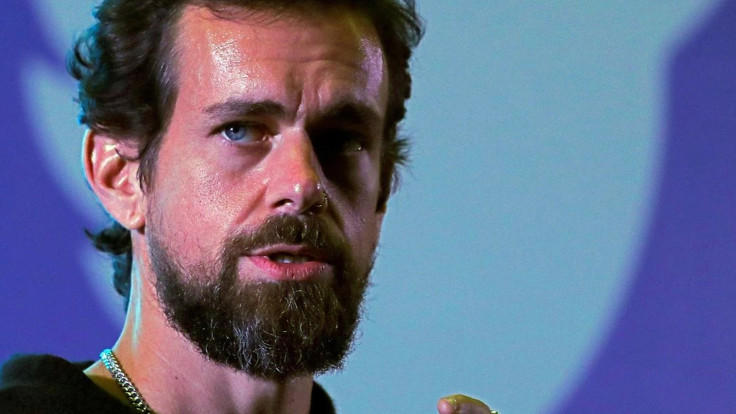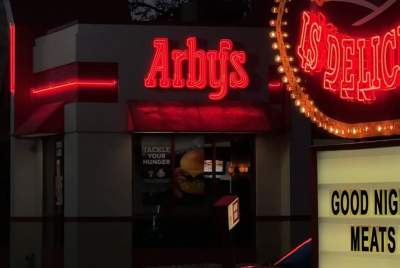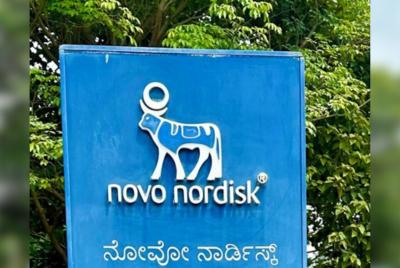Jack Dorsey's diVine Bets on Anti-AI Content—Can It Rescue Original Creators?
Funded by Dorsey's nonprofit, diVine aims to revive Vine's spirit and protect creators from AI-generated content

Block CEO and former Twitter chief Jack Dorsey is backing the reboot of Vine, the short-form video platform that shut down in 2017. He also plans to bring back thousands of archived videos from the defunct platform.
The new app, diVine, developed by Evan Henshaw-Plath, known as Rabble, and funded by Dorsey's nonprofit 'and Other Stuff', will allow former users to reclaim or delete their content or accounts after proving access.
Elon Musk, owner of X (formerly Twitter), stated in August that the company is working to restore user access to the Vine archive, but it remains unclear if these plans will come to fruition.
Dorsey explained in an interview with TechCrunch that he founded his nonprofit to prevent Vine from being shut down 'based on the whim of a corporate owner.' The new app will utilise Dorsey's decentralised protocol, Nostr, to maintain independence from corporate influence or toxic business models.
A Launchpad for Original Content Creators
Vine was launched in 2012, purchased by Twitter for $30 million before a public launch in 2013. It allowed users to upload, share, like, and comment on six-second videos, mainly comprising comedy sketches and spontaneous user moments. The platform's shutdown in 2017 was driven by a slump in growth, as even top creators faced difficulties monetising their content.
The new diVine app aims to return technology to a pre-AI era. It will integrate filters to ban AI-generated posts, as such content has begun to proliferate across the web, raising concerns about risks to original creators and misinformation.
To prevent AI-generated uploads, Rabble is employing technology from the human rights nonprofit, the Guardian Project, to verify that videos are recorded on a smartphone.
'So basically, I'm like, can we do something that's kind of nostalgic?' Henshaw-Plath said. He added there is consumer demand for non-AI content, despite AI's popularity.
'Companies see the AI engagement and they think that people want it,' Rabble explained. 'They're confusing — yes, people engage with it; yes, we're using these things — but we also want agency over our lives and social experiences. There's nostalgia for the early Web 2.0 era, for blogging, for podcasting, for communities — instead of just gaming the algorithm.'
Progress in Video Recovery
Rabble revealed that the archived platform contains a 'good percentage' of top Vine videos, but many, including millions of K-pop clips, were never archived.
'I wasn't able to get all of them out, but I was able to retrieve many and reconstruct these Vines and their creators, and give each person a new user [profile] on this open network,' Henshaw-Plath said. "We have about 150,000 to 200,000 videos from about 60,000 creators."
Although demand for AI-generated content seems to outpace that for original material, Rabble highlighted that Vine already had millions of users and creators nearly a decade ago, with the potential for gradual market share growth. Notably, Vine was the launchpad for stars like singer Shawn Mendes and YouTuber Logan Paul.
© Copyright IBTimes 2025. All rights reserved.






















